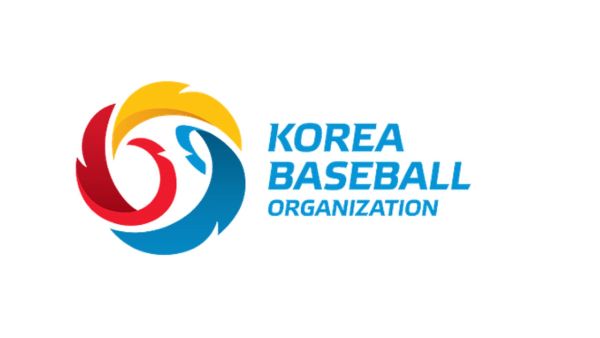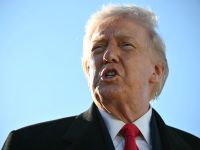With nearly half of its 144-game season already in the books, the Korean Baseball Organization got a jolt of energy when fans were finally allowed to return to the stadium over the weekend.
On Sunday, three of the five stadiums with scheduled games opened their gates for the first time since the baseball season kicked off in May, after being given the go-ahead by the government to start phasing in attendance with 10% capacity.
In Suwon, about 20 miles south of Seoul, the KT Wiz played the NC Dinos at KT Wiz Park. In western Seoul, the Kiwoom Heroes faced the Lotte Giants at Gocheok Sky Dome, and on the east side of the city, the Doosan Bears battled the LG Twins at the ballpark the teams share, Jamsil Baseball Stadium.
KBO commissioner Chung Un-chan, who attended the game at Jamsil, said the fans' return couldn't have come soon enough.
"I have been longing for this day," he said. The KBO "has been ready to accept fans for a long time, but the government has been very cautious."
At Jamsil, roughly 2,500 fans were spread out around the 25,000-seat stadium. They were prohibited from eating or drinking alcoholic beverages at their seats and masks were mandatory, with designated ushers making the rounds to check if fans were abiding by the rules.
Chants and singing were also supposed to be kept to a minimum, but loud cheers erupted at key moments and rally songs rang out to support batters as the Twins eked out a 4-3 win over their rivals.
The league had initially hoped to fill at least 25% of stadium capacity when fans were allowed to return, but even the small initial attendance brought a long-missing atmosphere to the game.
"The more fans, the better," Chung said. "Everything helps. The fans help the players perform better."
Diehard supporters of both teams who were able to snap up tickets to the game said they were thrilled to be able to finally get back to the stadium.
"I've waited such a long time for this," said Lee Yeon-seo, a 24-year-old Doosan Bears fan who has season tickets.
"I was so happy when I was able to get the tickets," she said. "I was a little bit concerned about safety, but I trust the guidelines they've put in place."
In addition to the in-stadium distancing, fans have their temperature checked and are given hand sanitizer and before entering the stadium. Each fan is also required to install a smartphone-based QR code, which is scanned upon entry for tracking purposes.
Inside the ballpark, fans said they were happy to have the live experience back, even in a diminished form. Part of Korean baseball's unique appeal is its high-energy stadium environment, with cheerleaders, rally songs and choreographed chants. Players also perform for the crowd with a flair that includes some of the world's most spectacular bat flips.
"I'm excited to be here with the cheering and the atmosphere," said Woo Jin-chang, 31, who was rooting for the LG Twins. "But it's also a bit sad to see so many empty seats."
Woo, who had studied in the United States before returning to South Korea, said he appreciates the way Korea has handled the coronavirus, containing the spread enough to allow for live sporting events.
"I feel more patriotic now, seeing Korea's response to COVID-19," he said. "I'm coming to the game again next Friday."
In addition to baseball, health officials announced Friday that professional soccer will also be allowed to bring fans back starting Saturday, also at 10% capacity. If the live trials are successful at preventing the spread of COVID-19, more fans will be gradually admitted for both sports.
After facing one of the earliest mass outbreaks of COVID-19 after China, South Korea managed to drive down the number of patients with an aggressive approach of testing and tracing. A recent uptick of community spread and imported cases after loosening social distancing guidelines has kept health officials wary, but the overall number of new cases remains relatively low.
On Monday, South Korea reported 25 new cases of COVID-19, with 16 coming from overseas arrivals.








